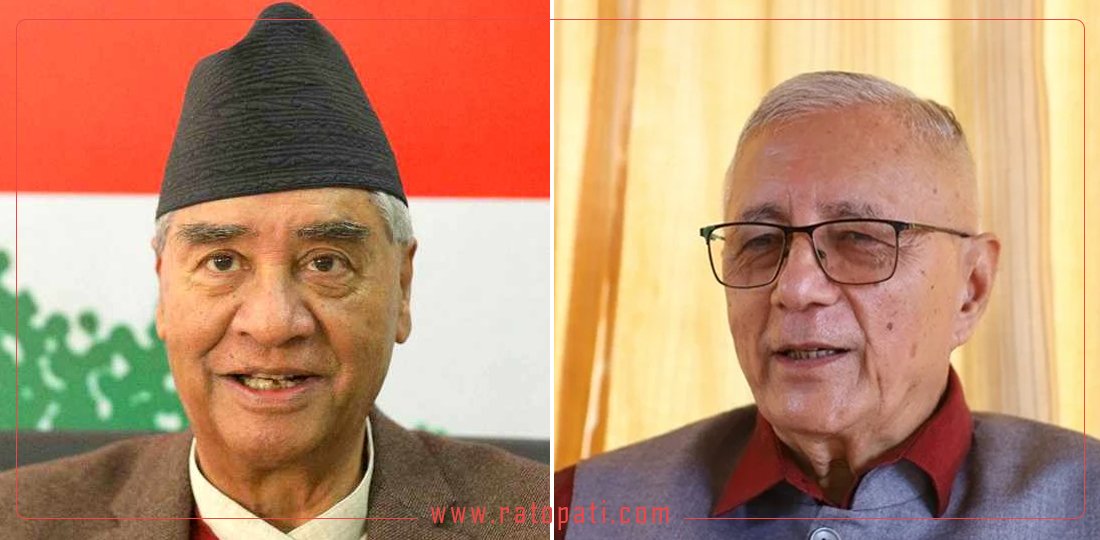Nepali Congress divided over government’s ordinance issuance

Kathmandu, January 16 — Within the ruling party, Nepali Congress, there are two factions regarding the government's actions, especially after the ordinances were issued bypassing the parliament.
While some leaders close to party president Sher Bahadur Deuba are defending the government's actions, others are opposing them.
The ordinance issue has sparked increased dissatisfaction within Nepali Congress. Not only leaders from opposing factions but also those who have worked closely with Deuba in the past are expressing discontent.
Notably, leaders like General Secretary Gagan Kumar Thapa, who previously spoke strongly against ordinances, have remained silent on the issue now.
The dissatisfaction within the party grew after the government bypassed the winter session of Parliament and issued five ordinances at once. The winter session, which is typically viewed as a legislative session, was skipped, and the government took the route of ordinances, leading to unrest within Nepali Congress.
NP Saud, a former close ally of Deuba, criticized the practice of lawmaking through ordinances. During a visit to Butwal on Sunday, he opposed the government's decision to bypass parliament and issue ordinances. He argued that the government was undermining the constitution by passing laws through ordinances instead of through the parliamentary process.
Opposition to the ordinances has also come from Dr. Shekhar Koirala, a leader of the rival faction within the party. While currently in the UK, he raised concerns over the government’s actions at a program organized by the 'Nepali Janasampark Samiti' in London. Koirala criticized the issuance of ordinances, stating that it was unnecessary to do so while the parliament should have been convened.
Koirala, who has long advocated for a Congress-UML government, expressed dissatisfaction with the current government’s functioning. He believes this government cannot succeed, and it is unable to address the country’s economic issues, social systems, and growing public dissatisfaction. He warned that the government’s actions are steering Nepal away from a parliamentary system and moving towards autocracy.
Within Nepali Congress, there are other leaders who have also expressed discontent over the government’s functioning and the use of ordinances. Former Vice-Chairman of the National Planning Commission, Dr. Govindraj Pokhrel, wrote on social media criticizing the government’s approach and calling for improvement in its governance.
Similarly, leaders like Chandra Bhandari and others have criticized the government’s decision to bypass parliament and use ordinances, pointing out that this undermines democratic systems and transparency.
Congress General Secretary Bishwoprakash Sharma also expressed dissatisfaction, stating that the government needs to speed up its actions. He noted that there is a desire to strengthen the Prime Minister’s position but emphasized that ministers need to act faster to improve governance.
On the other hand, leaders close to Deuba are defending the government's actions, arguing that the ordinances were necessary to resolve legal complexities and expedite economic reforms.
Shyam Kumar Ghimire, the chief whip of the party, explained that ordinances were brought to remove legal obstacles and accelerate reforms in the economy. He assured that the ordinances would later be presented in parliament as bills for approval. He stressed that the government was compelled to take the ordinance route due to delays in passing bills through parliament committees.





Leave Comment